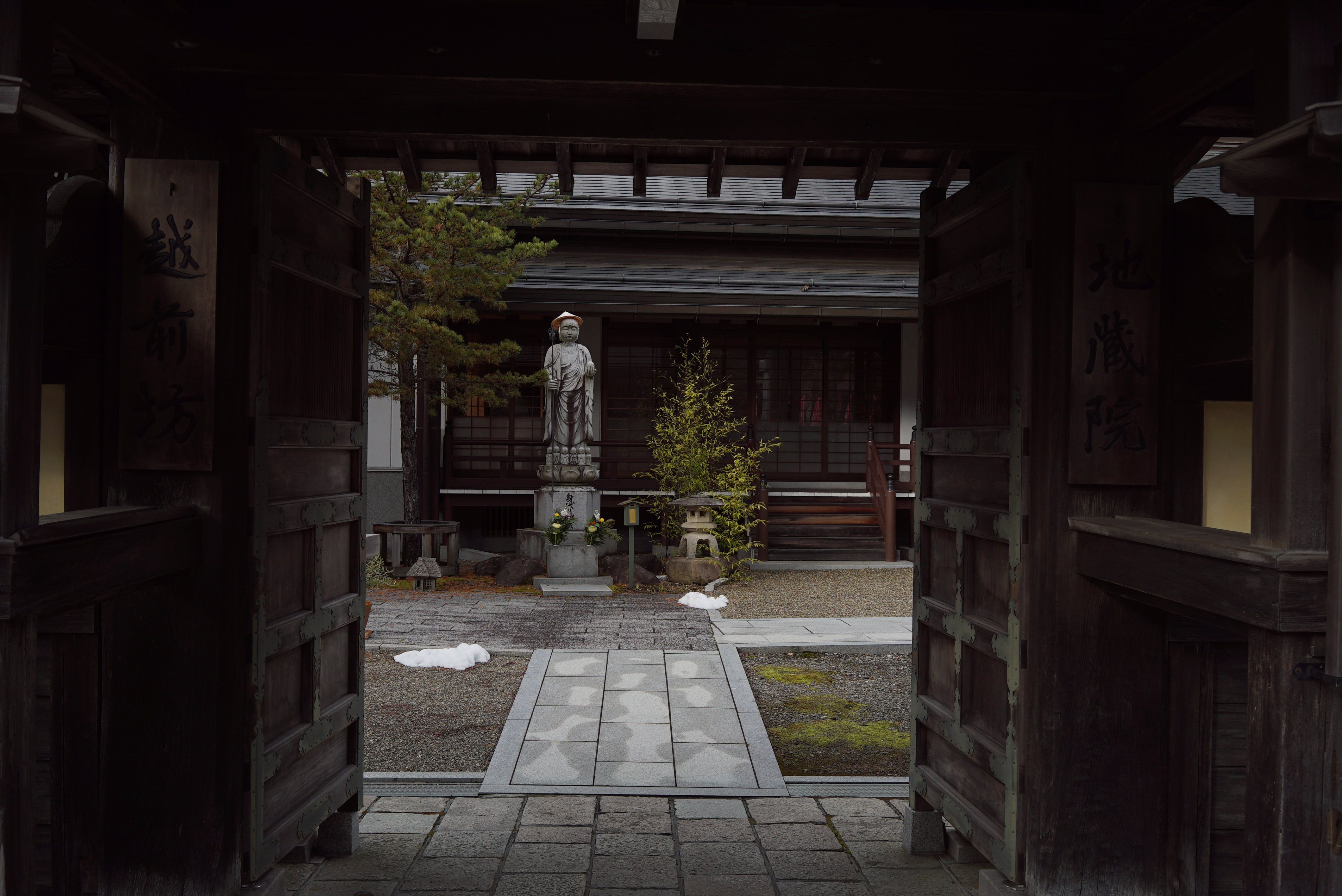Courtenay Crawford introduces her new MSc and PhD project, funded by an ESRC 1+3 grant through the South West Doctoral Training Partnership.
Mention Buddhism and you’ll often get a response shaped by its recent commodification into a self-care trend. Mindfulness apps, cheerful Buddha incense holders and the Life Changing Magic of Tidying Up have led many to assume that Buddhism, like deep breathing and scented candles is primarily a technique for managing stress. Do I even need to tell you that these assumptions are wide off the mark? Probably not, yet even those who are aware ‘Buddhism’ goes deeper than these stereotypes may be surprised to hear it paired in the same sentence with ‘post-humanism’ ‘decoloniality’ ‘deconstruction’ and even ‘anarchism’.
Yet I’m about to embark on research linking just these streams of thought. This October I’ll be studying for the MSc Society & Space with plans to continue to PhD study through the ESRC 3+1 route in 2021. My research will ask how Buddhism can help us reconceive the politics of the more-than-human world in an age of planetary crisis. Buddhist thought has a unique contribution to make here, yet it’s frequently overlooked as a source of theory for approaching these questions (and other social science questions more generally).

Just like other non-Western philosophies, perceptions of Buddhism have been framed through the colonial encounter. Whilst nineteenth century explorers to Tibet, China, India and Japan, did much to inspire fascination with ‘Oriental religions’, early translations of Buddhist texts often understood Buddhism through a Christian lens, equating the Buddha with Jesus. This, and the general imperial refusal to take other ways of thought and life seriously have ensured that Buddhism is yet to receive much serious academic attention outside of religious studies and history departments.
For this reason alone, Buddhist perspectives can and should be mobilised as a source of decolonising critique. But it’s not just valuable as a perspective from which to criticise. Contemporary Buddhisms brought to the West by Tibetan refugees and modern Japanese scholars such as D.T. Suzuki from the 1950s onwards have demonstrated the breadth, diversity and originality of Buddhist scholarship and practice. And more recently, excellent work has been carried out demonstrating historical Buddhism’s clear pertinence to contemporary philosophical and political concerns more broadly.
In fact many of most disruptive (and productive) concepts shaping contemporary humanities study today were anticipated by Buddhist thought by literally thousands of years. Put it this way – if names like Derrida, Deleuze, Whitehead, Latour, and Stengers are more familiar to social scientists today than Nagarjuna, Dogen, and Candrakirti this is not because the latter have nothing relevant to say on topics such as deconstruction, non-representational theory, subjectivity and self, embodiment, the symbolic order or the production of knowledge (although of course the way they mobilise and describe these concepts is completely different.)
Post-human concepts of relational networks and assemblages, which have so radically re-shaped geographical approaches to understanding human/environment relations, find close resonance in pratitya samutpada, or the doctrine of mutual causality, an ontology of radical relation. Pratitya samutpada sees reality as process – patterns of self-organising physical and psychological events which have no fixed structure or semiotics. This interdependence logically implies an ethic of care and kind-heartedness (towards all sentient beings), a cornerstone of Buddhist practice common to all traditions.

In an age of climate crisis the ethical imperative to try to relieve suffering is being interpreted increasingly to include ecological care for the more-than-human world (including heterogenous and complex ‘sentient beings’ such as watersheds, bio-regions and radioactive waste) and the resulting politics of this ‘Eco-dharma’ have many similarities to activisms inspired by deep ecology, indigenous, ecofeminist and anarchist philosophies. This global wave of ecologically-informed Buddhist practice is the starting point for my research, but I’m hoping to use it as a springboard for bringing Buddhist critique into geography more generally – applying Buddhist ideas to questions of political ecology, inter-species relationships, care-giving, and environmental governance.
Hopefully, I’ll be able to disrupt some assumptions along the way – including the idea that Zen is primarily concerned with minimalist interior design and esoteric catchphrases. For me, it offers something much more radical and ultimately subversive – a philosophical commitment to experiment with risky ideas and relentlessly question the foundations of your knowledge (as well as a strong suggestion to not take yourself too seriously, and to always be prepared for absurdity and impossibility!) I hope that these will be useful qualities for a new postgraduate researcher to bring into their academic practice and I’m sure that both Deleuze and Dogen would agree.
And of course, Buddhist psychology and meditative practice do offer highly effective methods for understanding the mind, cultivating equanimity and un-learning habitual patterns of thought. It’s exactly this refusal to sit neatly in disciplinary boxes that makes Buddhism such a fascinating area of study – a philosophy of the mind and world which is simultaneously theory and practice. Buddhism asks us to move beyond dualisms of self/world, human/non-human and thought/reality which is exactly why its perspectives are essential to understanding our entangled, inter-dependent and precarious life in the age of the Anthropocene. It offers us an injunction to both sit down (learn to change your mind through meditation) and wake up (liberate yourself through taking ethical action), demonstrating beautifully Marx’s dictum that the true purpose of philosophy is not just to interpret the world, but to change it.

